MENOPAUSE
Menopause is a natural biological process that marks the end of a woman's reproductive years. It typically occurs in women in their late 40s or early 50s, and is characterized by a cessation of menstruation and a decrease in hormone production. While menopause is a natural process, it can be accompanied by a range of symptoms that can be uncomfortable or distressing for some women. In this article, we'll explore menopause in more detail, including its symptoms, causes, and treatment options.
WHAT IS MENOPAUSE?
Menopause is the stage in a woman's life when she stops menstruating permanently. This occurs when the ovaries stop producing eggs and the levels of estrogen and progesterone in the body decrease. The average age of menopause in the United States is 51, but it can occur anywhere from age 40 to 58.
SYMPTOMS OF MENOPAUSE
The symptoms of menopause can vary from woman to woman and can range from mild to severe. Some of the most common symptoms include:
Hot flashes - sudden feelings of warmth, often accompanied by sweating and a rapid heartbeat.
Night sweats - hot flashes that occur during the night, often causing disrupted sleep.
Vaginal dryness - a decrease in estrogen levels can cause the vaginal tissues to become thin and dry, leading to discomfort and pain during sex.
Mood changes - changes in hormone levels can cause mood swings, irritability, and depression.
Sleep disturbances - hot flashes and night sweats can cause disrupted sleep, leading to fatigue and irritability.
Brain-fog - decreased focus/concentration and memory.
Decreased Libido - having less interest in sexual intimacy.
Difficult weight control - increased body fat % and weight gain.
CAUSES OF MENOPAUSE
Menopause is a natural process that occurs as women age. However, there are some factors that can affect the timing of menopause, including:
Genetics - the age at which a woman's mother and sisters went through menopause can be a predictor of when she will go through menopause.
Smoking - women who smoke may go through menopause earlier than non-smokers.
Surgery - women who have had their ovaries removed will go through menopause immediately, regardless of their age.
TREATMENT OPTIONS FOR MENOPAUSE
While menopause is a natural process that cannot be prevented, there are a range of treatment options available to help manage the symptoms. Some of the most common treatment options include:
Hormone replacement therapy (HRT) - this involves taking estrogen, testosterone and/or progesterone to replace the hormones that are no longer being produced by the ovaries.
Lifestyle changes - making changes to your diet, exercise routine, and sleep habits can also help manage the symptoms of menopause.
Conclusion
Menopause is a natural process that marks the end of a woman's reproductive years. While it can be accompanied by a range of symptoms, there are a range of treatment options available to help manage these symptoms. If you are experiencing symptoms of menopause, talk to one of our providers about the best treatment options for you.


